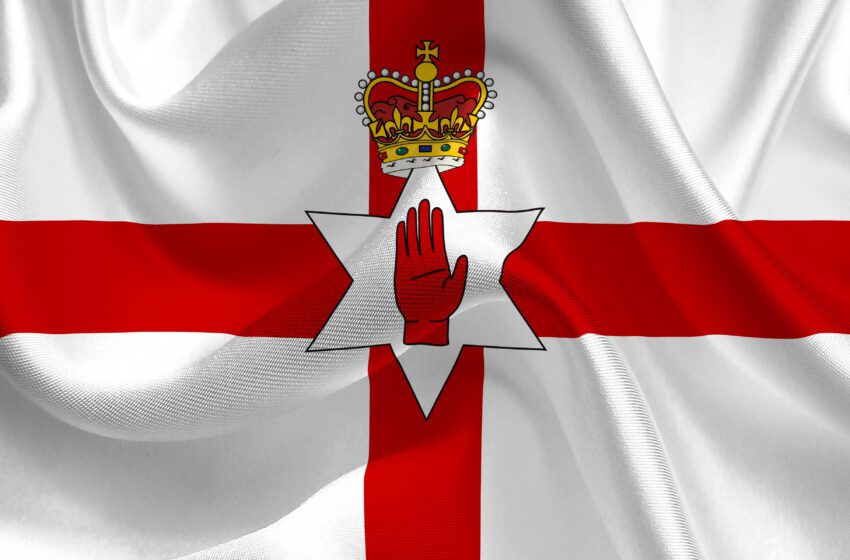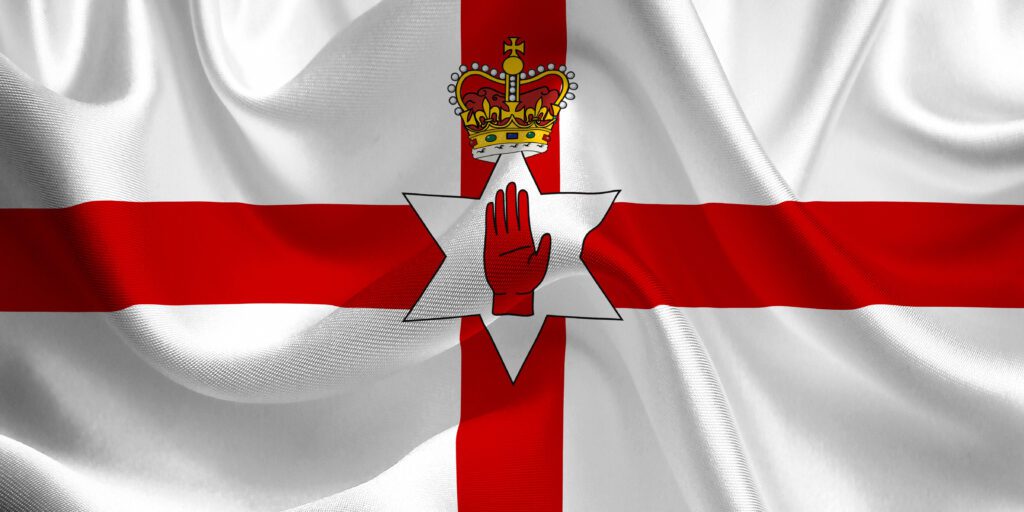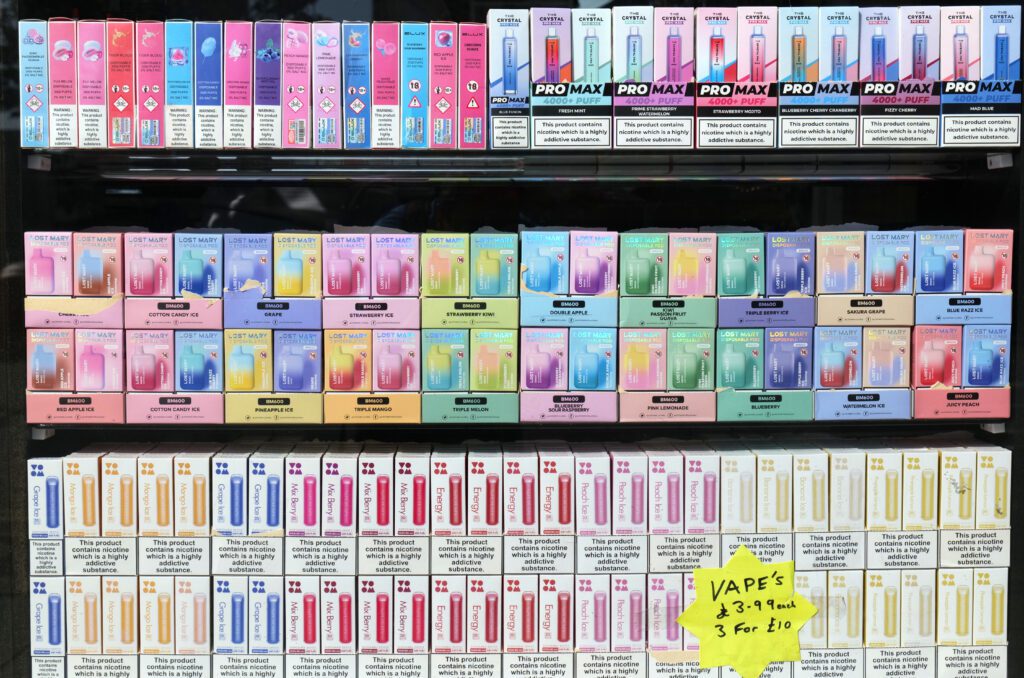
The Association of Convenience Stores (ACS) has launched an extended version of its Selling Vapes Responsibly guide to support retailers in their gradual move away from disposable vapes ahead of a product ban on June 1, 2025.
The new guidance outlines the features that vapes need to have to be legal for sale from 1 June, as well as what to do with any disposable vapes that are unsold when the ban comes into force.
Vapes that are legal to sell from 1 June must be chargeable and refillable, as opposed to disposable vapes, which are intended for a single use and are limited to 2ml of vape liquid.
Anyone selling disposable vapes from 1 June 2025 could get a £200 fixed-penalty notice, followed by further enforcement action if they continue to break the law, media reports.
ACS chief executive James Lowman said introducing a ban on disposable vapes next year will mark a significant change for thousands of retailers that currently stock these products.
“We have produced this guide to help retailers with the transition and ensure that nobody falls on the wrong side of the law on [June 1],” he said. “It is important that any retailer selling vapes not only prepares themselves for the change but also communicates with customers on the implications of the ban to avoid any potential confrontations or flashpoints in store.”
The guide has been produced with Bucks and Surrey Trading Standards as assured advice, which means that ACS members can rely on this advice and the interpretations of how to comply with the new regulations.
“By having this advice assured as part of our award-winning scheme with Bucks and Surrey Trading Standards, retailers can have confidence that following this guidance will see them operating legally and without fear of prosecution,” Lowman said.
Since the start of 2024, retailers who sell vapes have been required to provide a take-back service for customers on a minimum of a “one for one” basis (a customer can return a vape when they buy a new one).
The ACS guide sets out all the requirements for retailers when taking back used vapes, storing them in their business, and arranging for regular collection so they can be recycled.
Selling Vapes Responsibly also includes advice for retailers on spotting an illicit product, with information on all the things to look out for on the packaging, where to check the list of legitimate products, and advice on preventing underage sales and using Challenge 25.
The full guide, as well as posters for retailers to display in their stores to communicate the ban to customers, are available at www.acs.org.uk/advice/selling-vapes

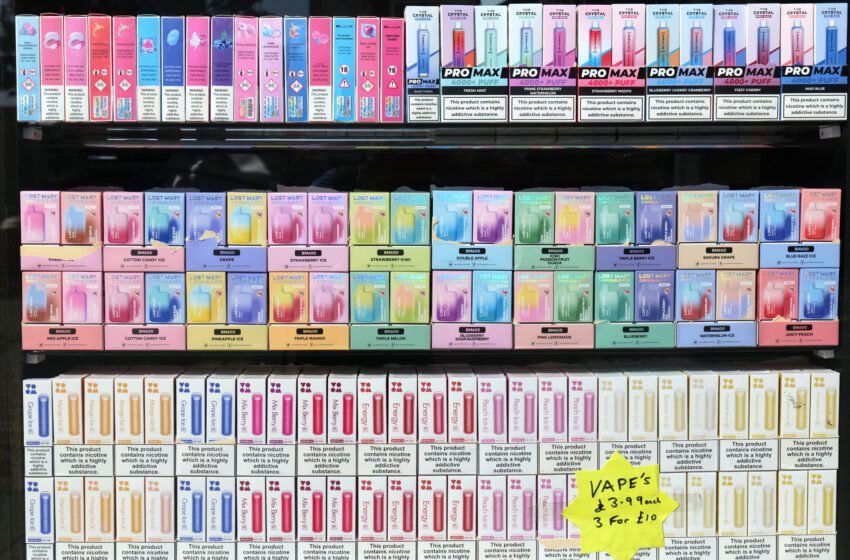




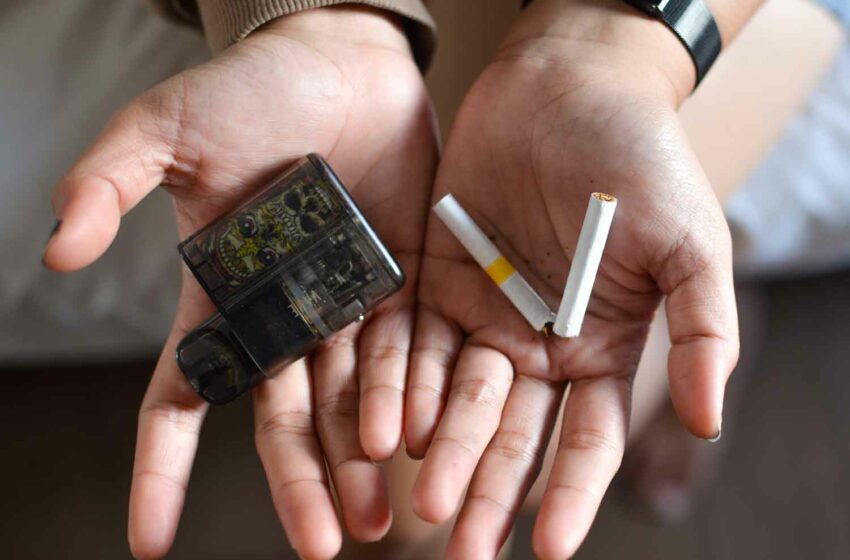
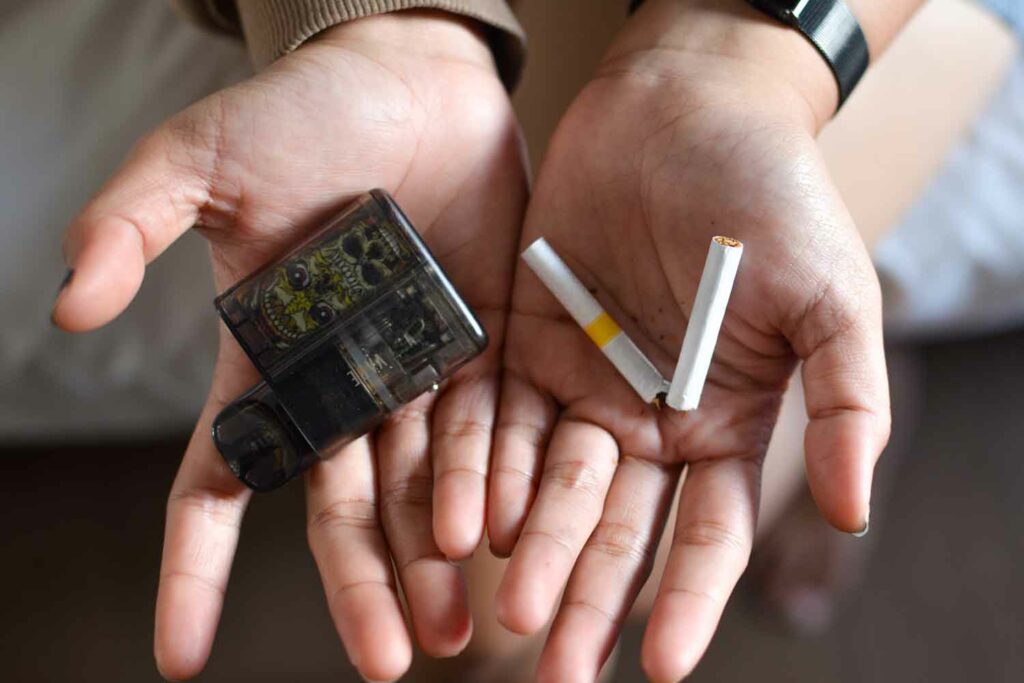




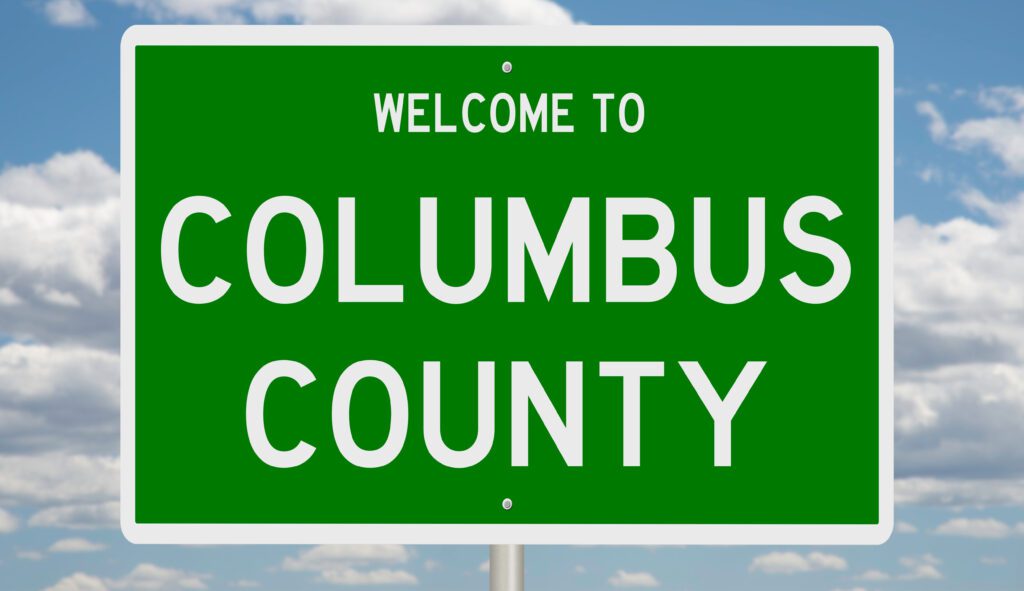
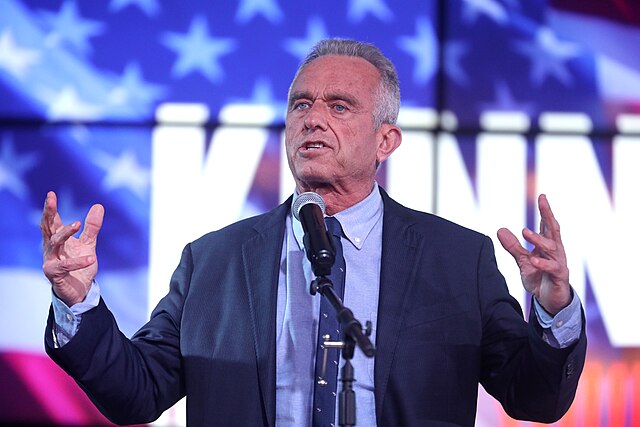
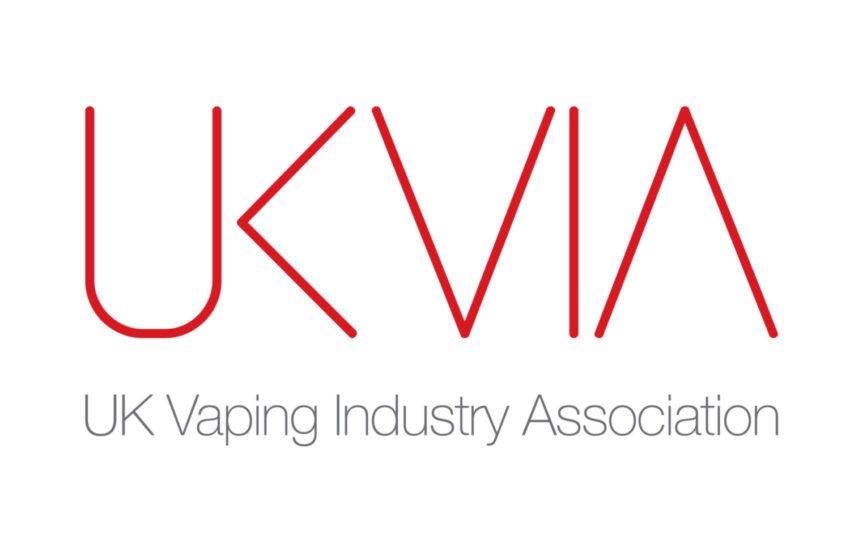
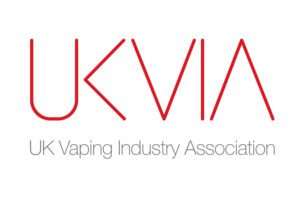 The U.K. Vaping Industry Association’s (UKVIA) annual Industry Forum will take place at the London Marriott Hotel Regents Park on Friday, Nov. 15.
The U.K. Vaping Industry Association’s (UKVIA) annual Industry Forum will take place at the London Marriott Hotel Regents Park on Friday, Nov. 15.